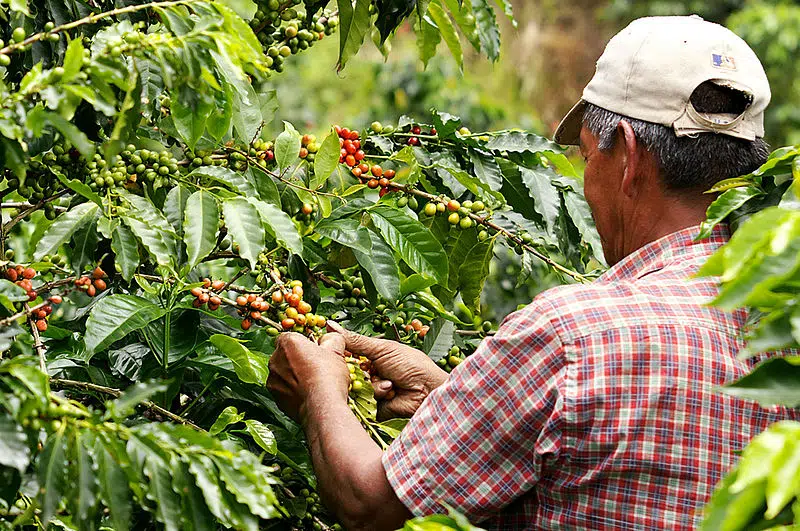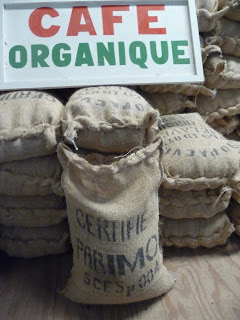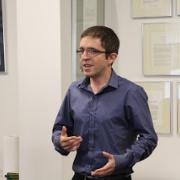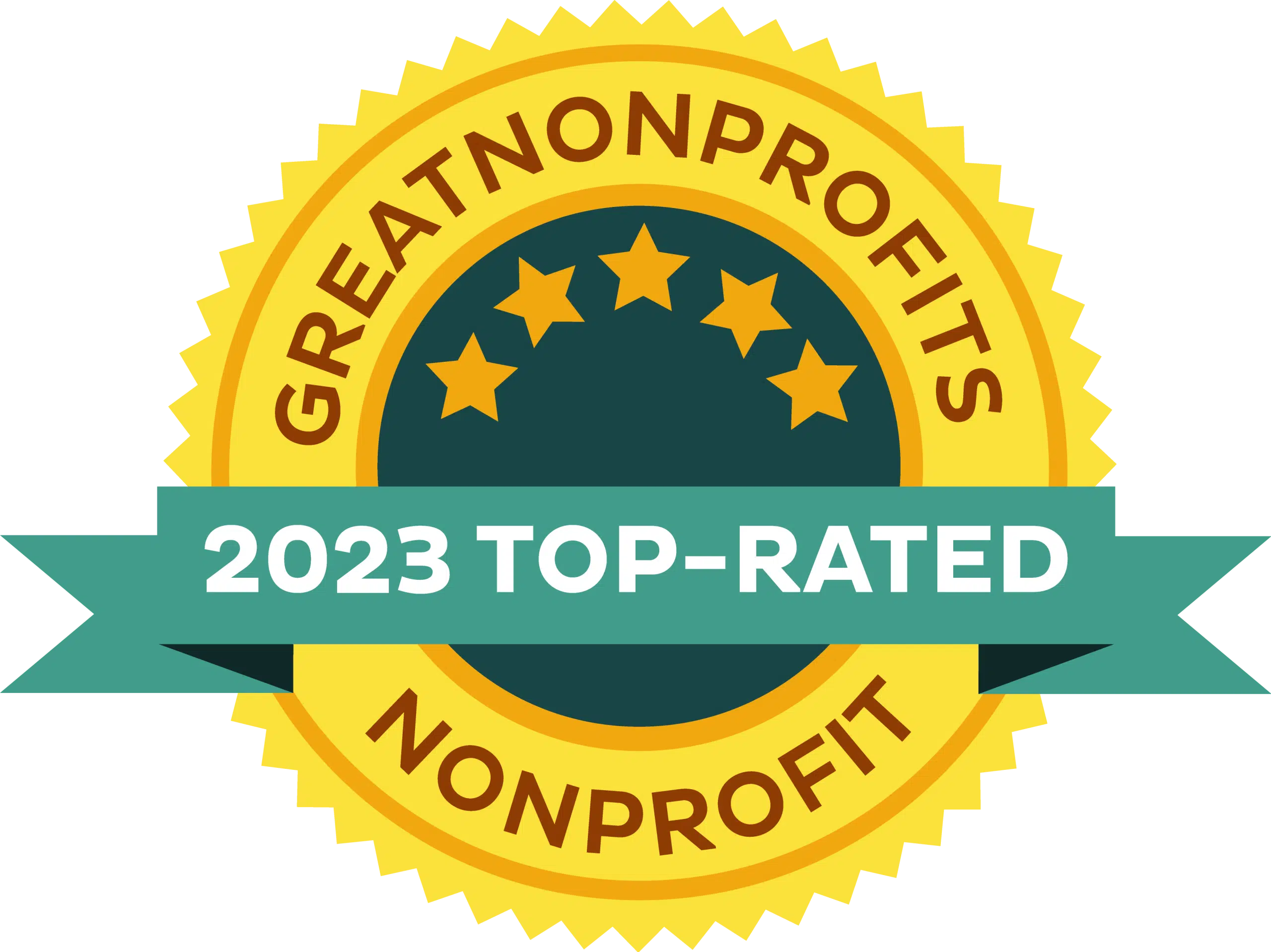Coffee is a beloved beverage in the U.S. It’s hard to turn a corner in most major American cities without encountering the aromas from a nearby Starbucks. But while a majority of Americans consume coffee every day, many give little to no thought to where their coffee actually comes from. Today, we’ll take you on a journey to discover the faces and places behind the coffee industry in Haiti.
Coffee is imported from all over the world, including Latin America and the Caribbean. The coffee sector in Haiti reached its peak in the 1960s, but has been losing importance for the past 50 years. While coffee from Haiti has long been exported, the quality of coffee in certain regions has not been up to international standards. Haitian coffee is facing considerable agricultural challenges with pests (including CBB and rust); the infrastructure for processing coffee is often in disrepair; and evaluation scores are frequently low. Additionally, many Haitian cooperatives and producers have a poor understanding of quality standards for export.
As the Haitian coffee industry seeks to grow, the infrastructure of traditional farms means that producers and cooperatives don’t have the necessary market information or knowledge of their own production capacity.There is an opportunity to convert the traditional coffee process to an industrial one that could revitalize the industry and give the producers control of a larger portion of the value chain.
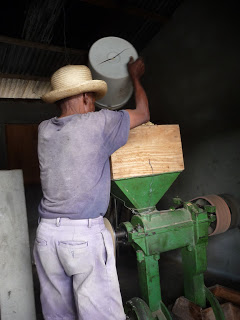
Other volunteers have been motivated to increase assistance for Haiti’s coffee sector. It was while working with Makouti Agro Enterprise that F2F volunteer Dr. Myriam Kaplan-Pasternak realized the potential for high quality Haitian coffee in the international market. She and fellow volunteer Yves Gourdet, a U.S. businessman and Haitian native, developed a business plan and launched HaitiCoffee.com, Inc.
In its first year, Haiti Coffee imported 11,000 lbs of coffee, ending the year with a small profit, and was extended a line of credit from a private supporter. The next year, Haiti Coffee imported a full shipping container of coffee and expanded to a second production site. Coffee bean sales have now impacted the lives of nearly 3,000 farming families in Haiti, and the company has started reintroducing Haitian coffee to the world.
What is most significant about Haiti Coffee is not only that it is the result of cooperation between individuals and groups affiliated with F2F, but also that it is working to build a sustainable network to support viable, income-generating agricultural opportunities for Haitian farmers, and moving up the value chain to access a larger market.
Carrying on this work, Mr. Medina held a three day workshop at the Makouti headquarters covering cooperative management, potential assessment, market analysis, strategic and financial planning, and risk management. The workshops were dynamic and participatory as producers asked Mr. Medina to clarify or explain certain items and Mr. Medina also called on participants to answer questions. At the end of the workshop, the attendees were divided into four groups and asked to build a hypothetical business plan, using the concepts discussed during the trainings.
The expected results from this workshop and Mr. Medina’s site visits are that the decision-making at the cooperative level for the upcoming season will include elements of a business plan, and will consider the requirements of the market. This would include being more rigorous in addressing the factors that can affect the quality (storage, selection, etc.), negotiating prices in advance, and ensuring that a portion of the coffee will be sold every year to regular clients, building a relationship with exporters that will benefit the cooperatives in the long term.
Interested in using your daily coffee habit to empower farming families in Haiti? Order Haitian Coffee today!
